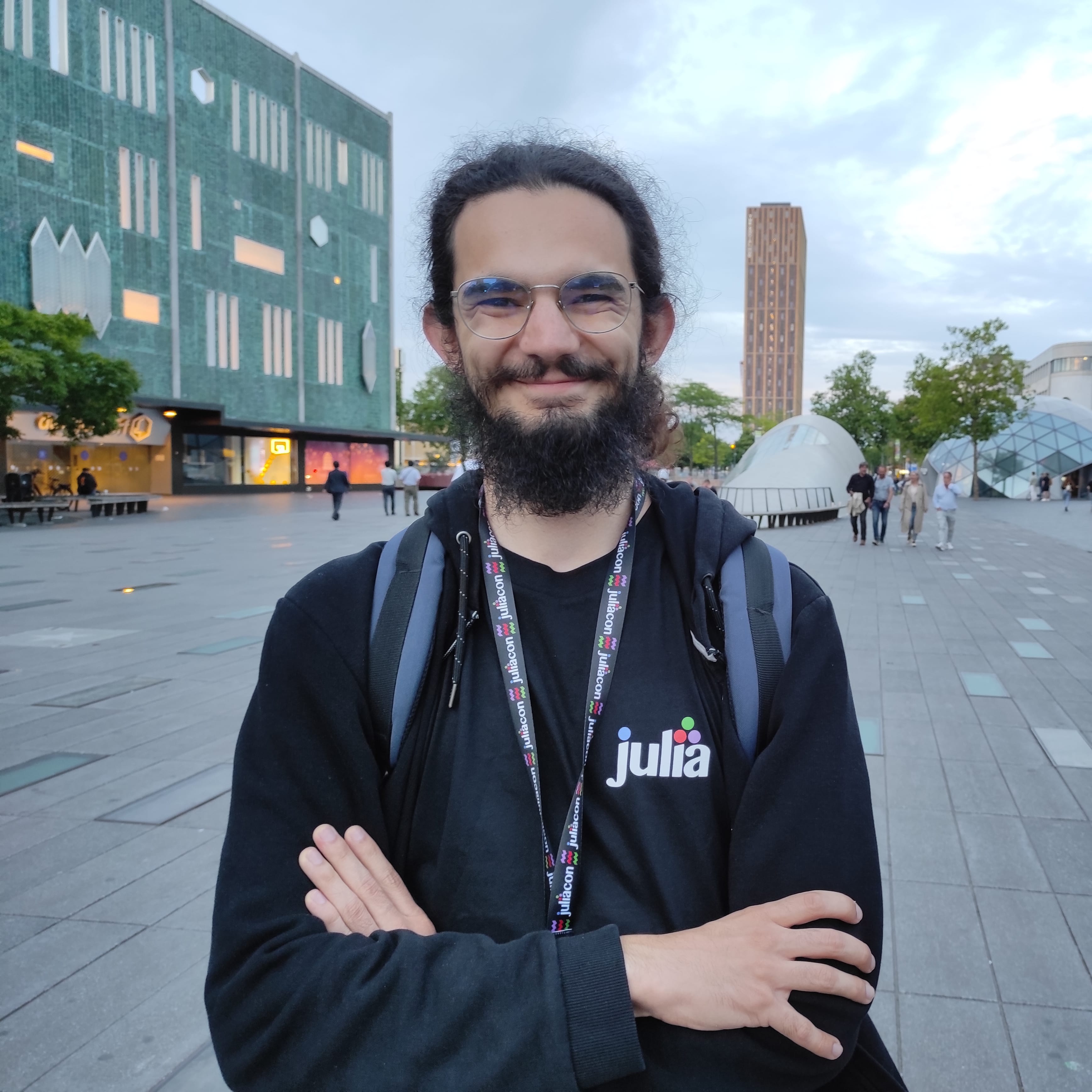Assessing the (In)Ability of LLMs to Reason in Interval Temporal Logic
Published in 32nd International Symposium on Temporal Representation and Reasoning (TIME 2025), London, UK, 27-29 August 2025, 2025
The logical reasoning skills of Large Language Models (LLMs) is poorly understood and often over- stated. Current evaluation suites rely on algebraic or commonsense puzzles that mix reasoning with symbolic manipulation and/or provide static datasets that quickly saturate or leak into pretraining corpora. In purely logical terms, the most relevant reasoning skill is the meta-mathematical task of valid formula recognition, which is at the foundation of higher-level reasoning tasks (including deduction and minimization of assertions, to name just a few). In the current landscape of LLMs benchmarking, puzzles are most often stated in propositional or first-order logic, with a few ex- ceptions for point-based temporal logic, such as LTL; yet, in the real world, event-based temporal statements are prevalent, and they are more naturally expressed in interval-based temporal logic. Interval temporal logic offers a much richer (w.r.t. point-based temporal logic, for example) variety of problems, and not only do different languages present different expressive powers, but also the computational complexity of the validity problem can vary widely. In this paper, we tackle the problem of assessing the ability of LLMs to reason about interval-based statements in the form of validity recognition. We explore whether their accuracy is sensible to the underlying language, the computational complexity of the associated validity problem, and the intrinsic hardness of the problem in terms of formula length and modal depth of the problem. We benchmark several frontier LLMs (Gemma 3 27b It, Llama 4 Maverick, DeepSeek Chat V3 release 0324, Qwen 3 32b, and Qwen 3 235b) and show that, despite apparently impressive performance on algebraic or commonsense benchmarks, they falter on logically rigorous tasks.
Thank you Pietro Bellodi and Pietro Casavecchia for the slides!
Recommended citation: Bellodi, Pietro, Casavecchia, Pietro, Paparella, Alberto, Sciavicco, Guido, and Stan, Eduard I. (2025). "Assessing the (In)Ability of LLMs to Reason in Interval Temporal Logic." 32nd International Symposium on Temporal Representation and Reasoning (TIME 2025), London, UK, 27-29 August 2025. 1(1).
Download Paper | Download Slides
